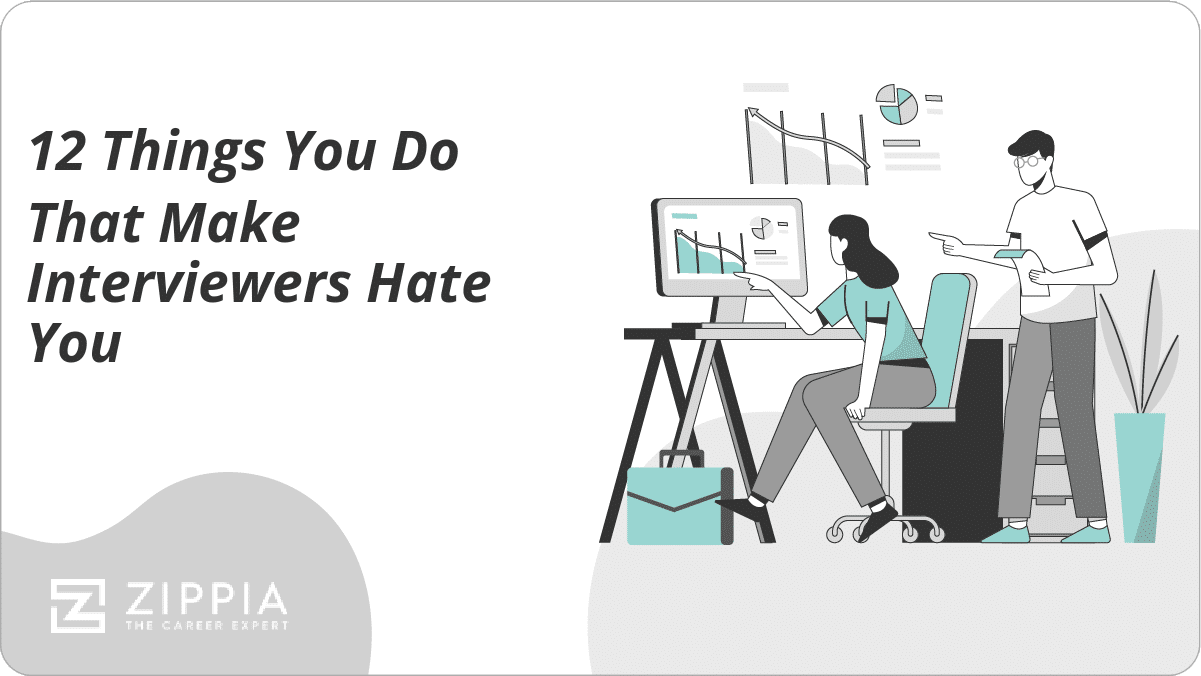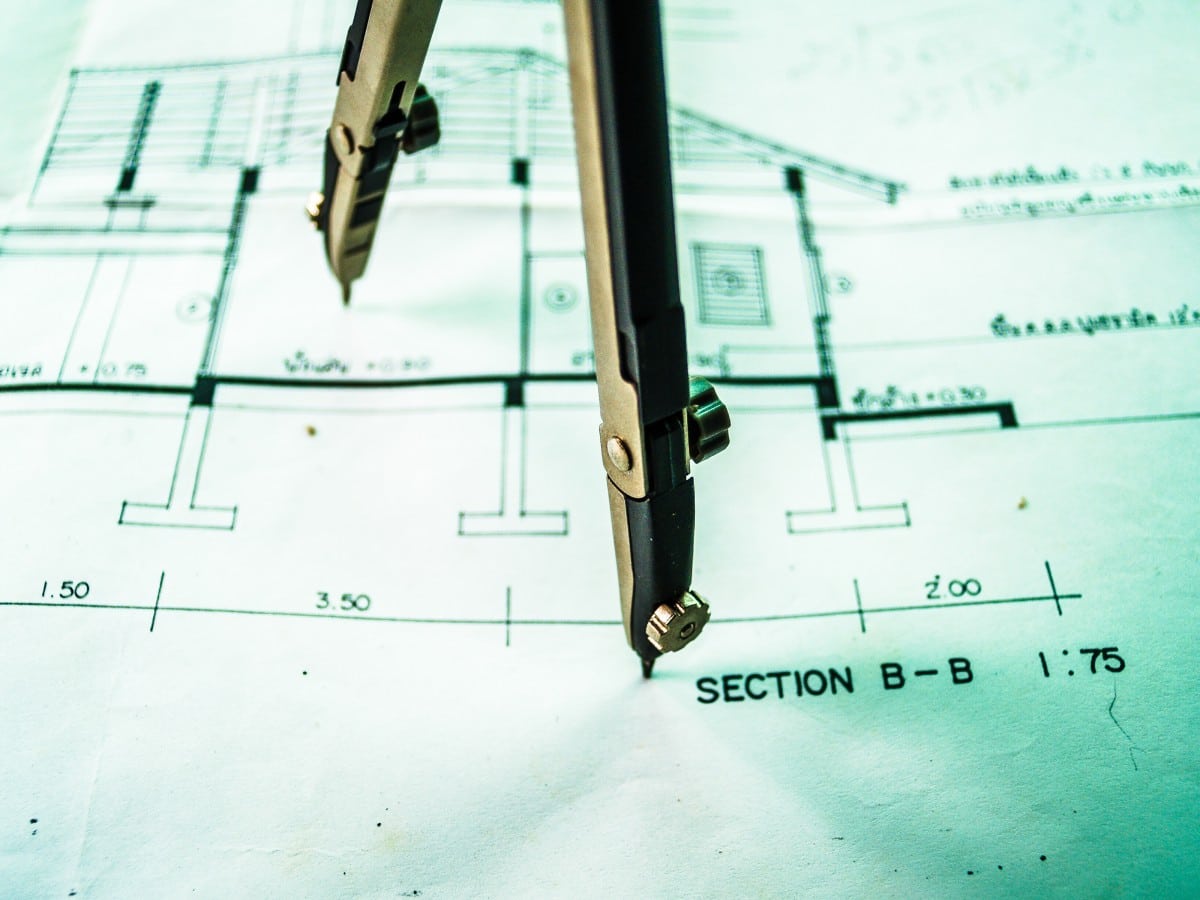- Interview Prep
- Star Method For Answering Questions
- Interview Preparation Checklist
- Star Interview Questions
- Words To Use In An Interview
- Mock Interview Preparation
- How To Make A Good Impression
- Bring Writing Samples
- How To Relax Before An Interview
- Interview Coaching
- Common Video Interview Mistakes
- Common Phone Interview Mistakes
- How To Ace Your Interview For A Remote Job
- Good Weaknesses For A Job Interview
- Good Strengths For A Job Interview
- How To Prepare For A Phone Interview
- Talk About Being Laid Off
- How To Decline An Interview
- How Early Should You Arrive For An Interview
- Interview Etiquette Tips
- Phone Interview Tips
- How To Ace A Phone Interview
- Onsite Interview Tips
- Questions To Avoid Asking
- Interview Prep Tips
- Make A Great First Impression
- Interview Mistakes
- Interview Tips
- Interview Mistakes
- Types Of Interviews
- Open Interviews
- Video Interviews
- Promotion Interview
- Internal Interview
- Informational Interview
- Panel Interview
- Online Interview
- Third Round Interview
- Final Interview
- Skype Interview
- Zoom Interview
- Group Interview
- Interview Questions About Your Experience
- Remote Interview
- Interviews For Teen Jobs
- Lunch Interview
- Panel Interview Tips
- Communication
- Respond To An Interview Request
- Signs An Interview Went Well
- Best Time To Interview
- Reschedule An Interview
- Cancel An Interview
- Questions To Ask At The End Of An Interview
- Self Introduction
- Internal Reference
- Unique Interview Questions To Ask Employer
- Interview Small Talk
- Confidence During An Interview
- Perfect Handshake
Find a Job You Really Want In
Job interviews can be super stressful. With all the pressure to do everything right, it’s easy to slip up and make a mistake or two.
There are some mistakes you can make during an interview that are so bad, they can make your interviewer completely hate you and disqualify you from the hiring process.
We have 12 things you can do during an interview that will make employers hate you, and what you should do instead.
Key Takeaways:
-
Interviewers are people too — they understand that people make mistakes, and they can be forgiving of a small slip up or two.
-
Showing up too early or too late can start the interview off on the wrong foot, so many sure to get there 10 to 15 minutes before your scheduled time.
-
The interview wants to get to know you, but don’t talk about yourself too much, they want to know how you can benefit the company not about your personal troubles.

12 Thing You Do That Make Interviewers Hate You
-
Getting to the Interview Too Early. Well all know that it’s proper interview etiquette to show up early, and you’d look bad if you did otherwise — but did you know that it’s possible to get to an interview too early?
-
Showing up to an interview way too early can make you look like almost as much of a jerk as showing up late. When you get there way ahead of time, you put pressure on your interviewer to drop whatever they’re doing and cater to you, or they’re going to feel guilty for making you wait in the lobby for 20 minutes.
-
When you show up to an interview 40 minutes before it’s scheduled to start, you’re basically telling employers “Hi, I have literally nothing else going on in my life, so I’m just going to hang out right here for an hour.”
-
Try to get there 10 to 15 minutes before the interview. If you show up any earlier, wait in the parking lot or in a nearby coffee shop until you’re closer to your interview time. Or follow some of our pre-interview relaxation tips.
-
-
Arriving Late. We all know that getting to an interview late is a death sentence, but it’s worth repeating: Never be late for your interview. Being late is disrespectful to the interviewer’s time, and it shows that you have poor planning skills.
Plus, showing up late will set the tone for the rest of your interview, and it would pretty difficult to recover from such a setback.
Look up how long it takes to get to your interview location and account for traffic and possible disruptions. You should also have a clear idea of where, in the office building, you’re supposed to go. Review your correspondence with the company’s representatives and ask for clarification if you need it.
-
Memorizing all of Your Interview Answers. While you should definitely prepare to answer the most common interview questions you can expect to hear, you should try to avoid memorizing a detailed script and focusing on rehashing your answers verbatim.
-
You should be focused on engaging with your interviewer and forming a genuine connection with them. If you answer questions by reciting from a memorized script, you’ll just come off as detached.
-
Have your general answers ready in your mind, but leave some room for improvisation so you can have an actual conversation with your interviewer. Employers like people who are personable and good communicators — not robots.
-
Come up with relevant stories that cover the basic categories of interview questions, like accomplishments, conflict, time management, etc.
That way, when you’re asked a behavioral interview question, you’ll have no trouble employing the STAR method. If you have bullet points in mind, it’s easy to arrange your story into the four sections of the STAR method — situation, task, action, result.
-
-
Only Talking About Yourself. When interviewers meet you, they want to know what you can do for them and their company. How can you make them money, improve their processes, help them grow, and make their lives easier?
-
You should hold back on asking questions about salary, benefits, and vacation time until later in the hiring process. These questions are appropriate when you get the job offer, but until that time comes, leave them out of the conversation.
-
If you bring up these questions, the company will be able to see that you’re more interested in the perks of the job rather than being a contributing employee, and that’s not going to get you much further than a first interview.
-
When you sound like you have a plan for your first 30/60/90 days on the job, hiring managers and recruiters will have a much easier time envisioning you succeeding in the role. Listen to what challenges you’ll face in the job very carefully, and then tailor your answers around your biggest responsibilities.
-
-
You Don’t Listen. During an interview, you’re probably going to focused on trying to get out as much information about yourself as possible to make the company want to hire you. However, taking a break to listen and give the interviewer your full attention will get you much further than blabbering on forever about how great you are.
-
Being too chatty and not giving the interviewer the chance to get a word in edgewise may signal that you’re impossible to manage, or that you’d be distracting to other employees. So, for your sake and your interviewer’s, just take a breath and listen.
-
We also recommend taking notes (after asking the interview if it’s all right). That way, you can keep all the facts straight in your head and develop thoughtful questions as the interview progresses.
-
Don’t be afraid to ask questions during the interview rather than saving them all for the end — it makes for a more natural back-and-forth conversation, rather than giving the interview an interrogation vibe.
-
-
Badmouthing Your Former Boss. You should never say anything negative about former bosses during an interview — in fact, that would be a huge rookie mistake. If you jump at the chance to trash your previous bosses, interviewers may think you’d say the same thing about them in the future.
Another thing about interview questions regarding previous employers — they’re always a trick question. Interviewers want to see how you handle sticky situations, and questions about former employers can be pretty telling, so just play nice.
When you’re baited with a negative question like “how have you handled disagreements with former supervisors,” always focus on the positive results. If the results weren’t exactly stellar, turn your attention to the lessons you’ve learned and the improvements you’ve made as a result of the negative situation. Your answer should always be forward-thinking and positive.
-
Commenting on the Interviewer’s Appearance. Whether you like the way they look or not, keep your comments to yourself. If you’re concerned about awkward silences and want to fill the dead air, stick to safe interview small talk topics, like observations about the company, or asking about what they’re currently working on.
Making comments about someone’s appearance is rude and shows interviewers that you have no filter or understanding of social cues. If you want to get the job, just stick to the safe topics.
-
Not Using Your Manners. You’re not using your manners at a potentially life-changing event like a job interview? Your mother would be ashamed.
For one thing, you should always send a thank-you email to your interviewer within one business day of your meeting, but you should also thank them enthusiastically in person before you leave the premises, and be polite throughout the interview.
Smile, shake hands, make eye contact as you speak, etc. All of the little rules of etiquette you’ve learned throughout your life apply here (and then some). Nobody wants to hire someone who’s a pain to be around, regardless of their qualifications.
-
Getting Your Parents Involved. It might sound crazy, but there are people in the world who think that involving their daddy in the hiring process can get them whatever they want. Bringing your parents to the interview or having a parent call or email an employer to negotiate a job offer is a big no-no.
Leave mommy and daddy out of your job search — it doesn’t make you look independent or capable, and it shows employers that you need someone to hold your hand throughout every major event in your life.
-
Sharing More Information Than Necessary. Even if you’re interviewing with a super casual, fun-loving company, you should still remember that you’re at an interview and every single thing you say is constantly being judged. So don’t mention your lingering hangover or the fact that your fancy interview outfit is giving you a major wedgie.
Be friendly and make conversation, but don’t go overboard. You want to show them that you’ll fit into their company culture, but you don’t want them to think you have no common decency.
If you’re asked about your interests outside of work, start with a small answer and gauge the interviewer’s interest before going into more detail. You want to come across as a three-dimensional human but stick to safe topics that still round out your personality.
-
Lacking Basic Interview Skills. Even if this is your first rodeo, it shouldn’t be so obvious that the interviewer can tell right away. Don’t go into the interview empty-handed and clueless about the company, and don’t expect that you can just wing it. Believe us, you can’t.
Show up to your interview with the necessary materials, background knowledge of the company, and examples to back up your answers to their questions. Bonus tip: don’t check your phone. In fact, you should just turn it completely off.
-
Applying for Every Available Position at the Company. If you have your heart set on working at a specific company, show your interest by tailoring your resume and applying to the job you’re most qualified for, not every single open position.
Applying to every available job at a company is a waste of your time and the company’s. It shows that you’re not serious about the positions and that you just need a job — any job. Limit your applications to the jobs that you have the required qualifications for.
Final Thoughts
An interview is a big moment to prove yourself. You want to prove that you’re capable of doing the job, not that you’re super annoying and lacking of all professionalism.
Employers don’t go into interviews looking for reasons to not hire you, in fact, they go into every interview hoping that they’re about to meet the best candidate for the job. You want to do everything you can to show them that you’re that candidate.
If you follow these tips, you’ll surely make a great impression on the interviewer and get the job.
- Interview Prep
- Star Method For Answering Questions
- Interview Preparation Checklist
- Star Interview Questions
- Words To Use In An Interview
- Mock Interview Preparation
- How To Make A Good Impression
- Bring Writing Samples
- How To Relax Before An Interview
- Interview Coaching
- Common Video Interview Mistakes
- Common Phone Interview Mistakes
- How To Ace Your Interview For A Remote Job
- Good Weaknesses For A Job Interview
- Good Strengths For A Job Interview
- How To Prepare For A Phone Interview
- Talk About Being Laid Off
- How To Decline An Interview
- How Early Should You Arrive For An Interview
- Interview Etiquette Tips
- Phone Interview Tips
- How To Ace A Phone Interview
- Onsite Interview Tips
- Questions To Avoid Asking
- Interview Prep Tips
- Make A Great First Impression
- Interview Mistakes
- Interview Tips
- Interview Mistakes
- Types Of Interviews
- Open Interviews
- Video Interviews
- Promotion Interview
- Internal Interview
- Informational Interview
- Panel Interview
- Online Interview
- Third Round Interview
- Final Interview
- Skype Interview
- Zoom Interview
- Group Interview
- Interview Questions About Your Experience
- Remote Interview
- Interviews For Teen Jobs
- Lunch Interview
- Panel Interview Tips
- Communication
- Respond To An Interview Request
- Signs An Interview Went Well
- Best Time To Interview
- Reschedule An Interview
- Cancel An Interview
- Questions To Ask At The End Of An Interview
- Self Introduction
- Internal Reference
- Unique Interview Questions To Ask Employer
- Interview Small Talk
- Confidence During An Interview
- Perfect Handshake





